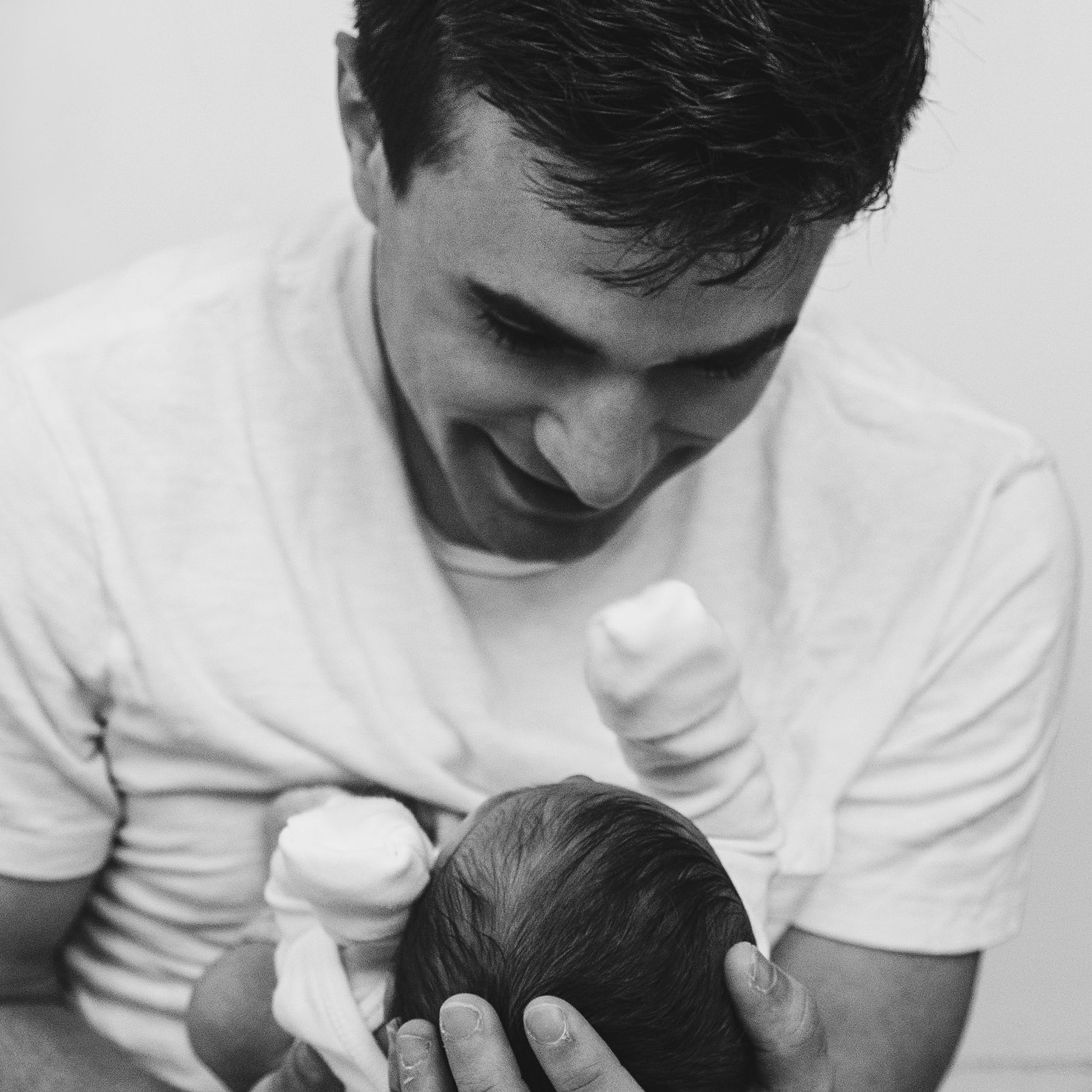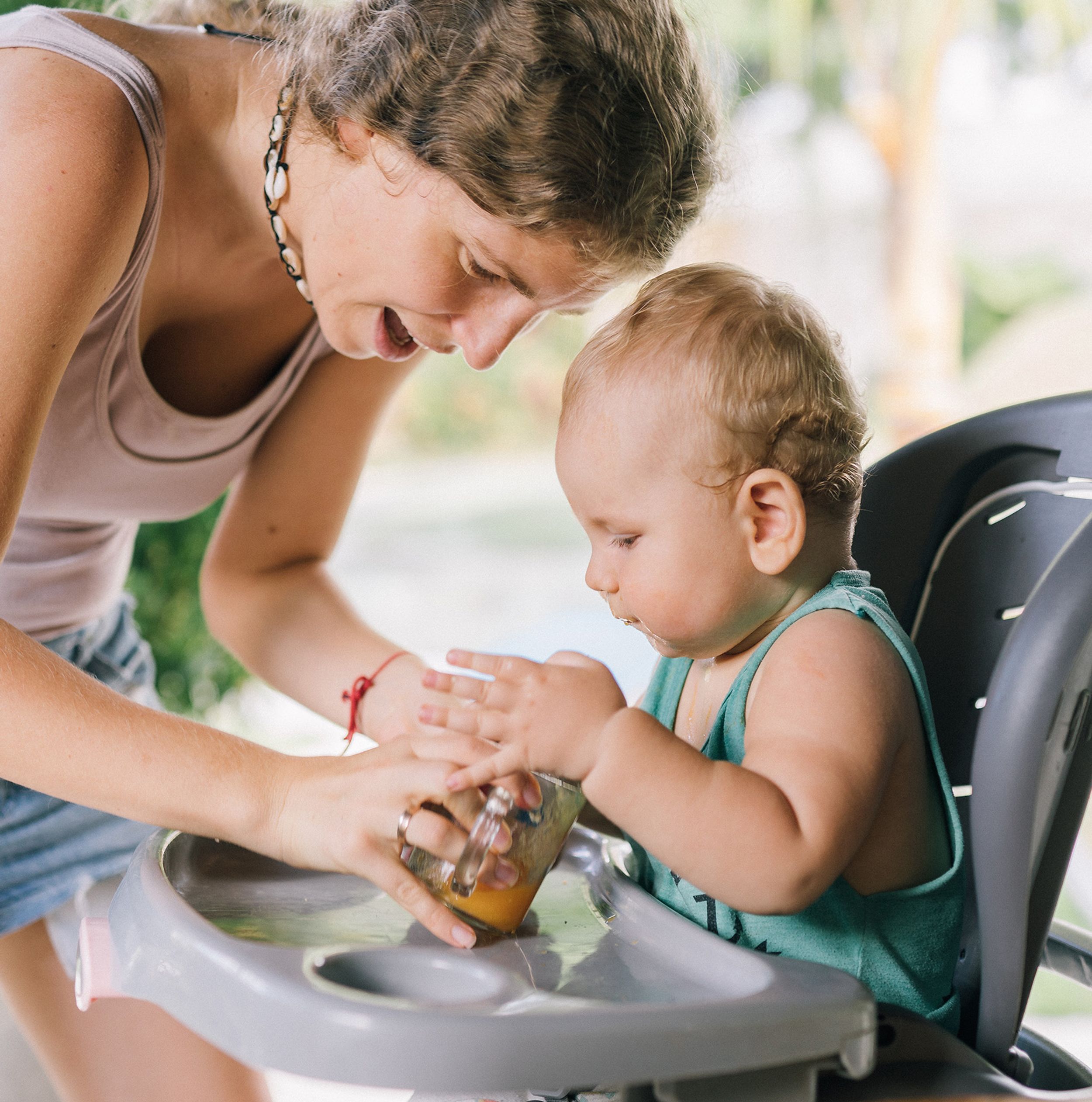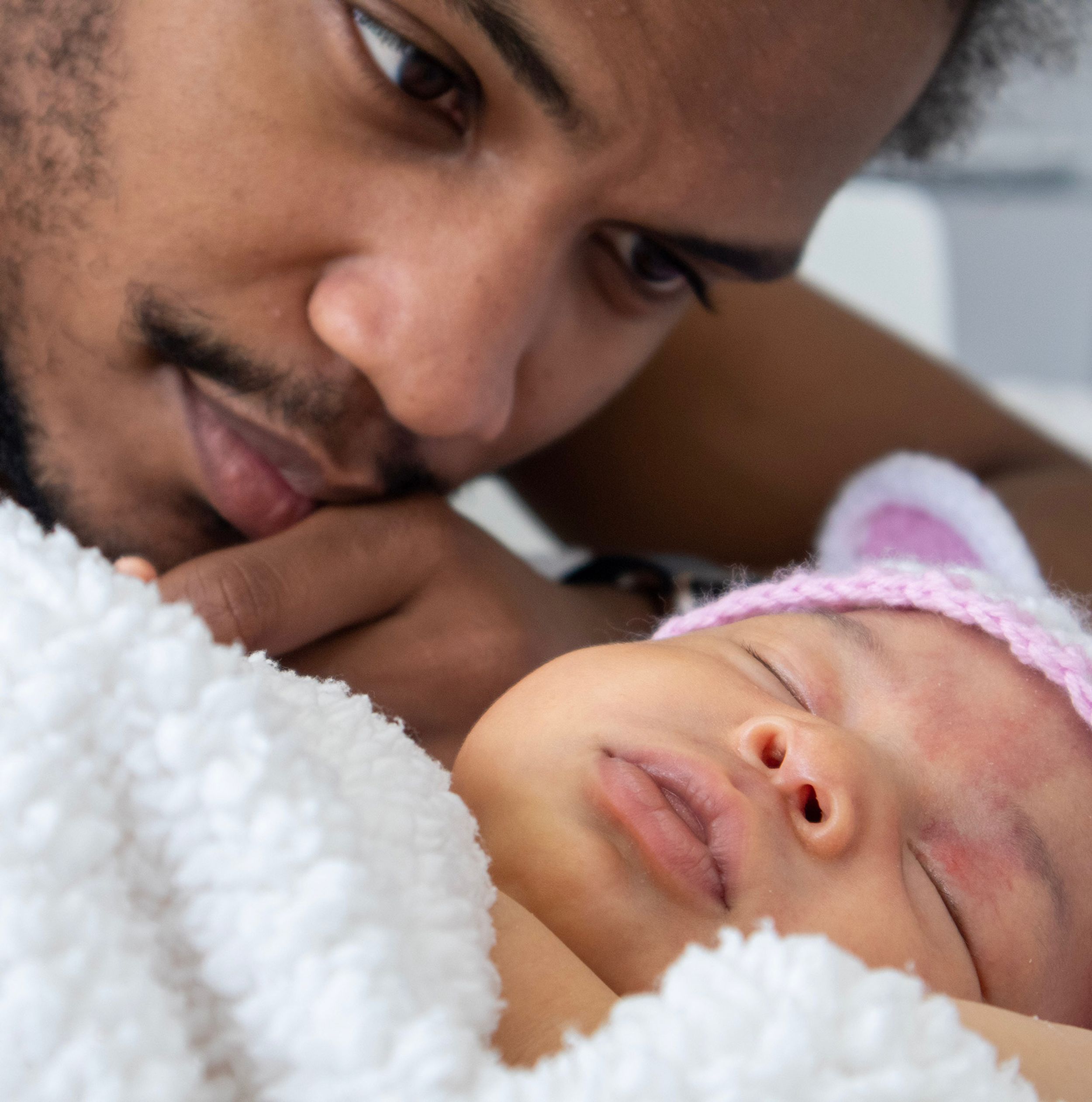Support for new parents
Becoming a parent is one the biggest physical and emotional transitions you will ever make in your life.
Adjusting to parenthood.
Looking after a newborn is a steep learning curve, and even parents who find the transition relatively straightforward can experience feelings of stress, exhaustion and overwhelmed.
Adjusting to the changes in your normal routine and sleepless nights as you learn to look after your baby are difficult both emotionally and physically. Many parents also experience mixed emotions as your sense of identity changes and feelings of loss at losing your old life. Losing things like career, exercise, free time and spontaneity.
However, if you’re experiencing a low mood, overwhelming, or distressing thoughts and feelings that affect your wellbeing and ability to function in daily life, you may be experiencing perinatal anxiety or depression.
Talking to others about what you’re experiencing, reaching out for help or seeking treatment or advice from a health professional can help you adjust to the changes of parenthood and really enjoy life with your new baby.
Mental Health Checklist
How are you going?
Everyone's experience of pregnancy, birth and parenting is unique and brings different rewards and challenges.
Complete our online mental health checklist to see if what you're experiencing or observing in a loved one could be a reason to seek help.
Articles
Information for new parents
Stories
Real life experiences from new parents
Dads
Information and support for Dads
Your relationship with your partner will change as you adjust to becoming parents. Many new dads experience some trouble adjusting to parenthood, and you might be unsure if the mental and emotional load of parenthood has become something more serious.
PANDA CHATBOT
Chat to Dot
Meet Dot. They’re here to support you to explore your mental health and wellbeing during pregnancy and as a new parent.
PANDA National Helpline
Find someone to talk to, Monday to Saturday.
1300 726 306
Call 000 for police and ambulance if you or someone else are in immediate danger
Talk with friends or family
Consider talking about how you are feeling with someone you trust. This might be a friend or family member. Once you starting talking you might be surprised at how many others have had similar experiences and the support they can provide you.
Talk with your doctor
Talking with your doctor can be an important step to getting the help you need. They should be able to give you non-judgemental support, assessment, diagnosis, and ongoing care and treatment. They can also refer you to specialists such as a counsellor, psychologist or psychiatrist.
Get help now
If you are having suicidal thoughts or are feeling disorientated it’s important to get help immediately. PANDA is not a crisis service, if you need immediate support call Lifeline 13 11 14 (24/7).








